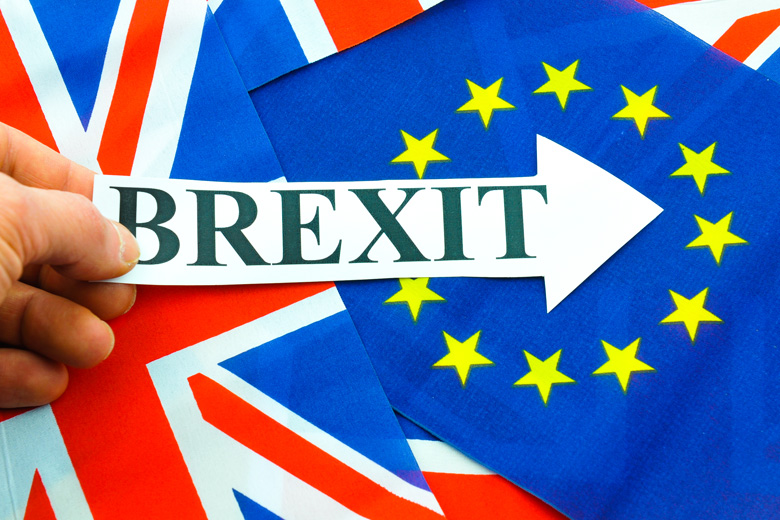LONDON, Sept. 28 (Xinhua) — The effect of the the UK's vote to leave the European Union (EU) on the British economy will not be known until the end of the year, a leading economics professor said on Wednesday at a briefing on the implications of the British exit (Brexit) from the EU.
"Nobody knows if the economy is taking a hit or not. We see one survey saying it is looking rosy, and another saying it is bad. We will not have any real data until the end of October when the first GDP estimates are produced — and even then Brexit has not yet happened," said professor Iain Begg, of the London School of Economics.
Begg was speaking at a briefing arranged by The UK in a Changing Europe, a think-tank, held at King's College in central London, in the wake of confused signals from sentiment surveys varying from positive impact to deeply negative prospects.
Begg said this was a period of uncertainty about the impact of the referendum result.
Economic forecasts made prior to the Brexit vote by bodies such as the Bank of England, the UK Treasury, the International Monetary Fund and the Organization for Economic Cooperation and Development have been criticized by backers of Brexit for being too pessimistic about the outcome should the UK vote to leave.
Most of the those forecasts believed there would be significant economic loss, possibly leading to an economic recession.
Begg said he believed the full consequences of the Brexit vote on the economy had been "postponed."
The immediate devaluation of the pound, which fell against all major currencies to reach a 31-year low against the dollar on July 6 with the pound traded at 1.27 U.S. dollars, has had a direct effect on tourism with visible positive effects on figures in retail and consumer surveys, said Begg.
"It's difficult to say really convincingly (that the UK economy) has either not fallen off the edge of the cliff, or is teetering on the edge of the cliff or that a new platform has been built under it .... I think we have to wait until the end of the year until we get really hard data on this," he said.
Dr. Angus Armstrong, director of macro-economic policy at the National Institute of Economic and Social Research, said the main effect of Brexit would be less integration between the UK and the EU, with a corresponding effect on trade and investment.
"We did an extensive modelling exercise. The main effects of Brexit are that there will be less integration between the UK and the EU. What does that mean? That means our trade share with Europe is probably going to be somewhat lower and that direct investment is also going to be lower. Just based on those two things, that means that there will be less specialization of resources and less resources going into what they are best at," he added.





